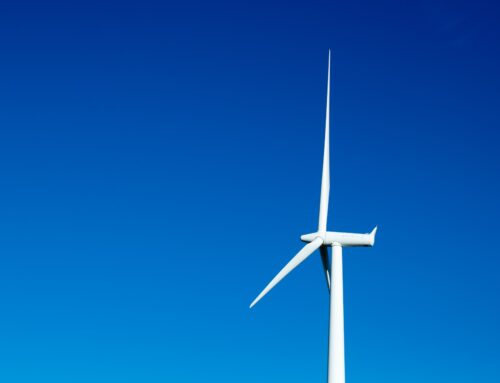Energetek FAQs
Why do I need to sign a data authorization form?
- When we explore energy options for our clients, we like to get the whole picture. In order to do that, we pull energy data from the utility company and third-party suppliers (historical usage, IDR, contract details). To make this a smoother transaction, having the authorization doc that states our client is allowing us to collect this data definitely helps!
Why does the authorization have exclusivity language in it?
- We might give you a data authorization form that has an exclusivity clause in it. This clause, just like the data authorization form, is non-binding and does not obligate our client to sign any energy agreements. The authorization form can also be canceled at any time. This form is strictly used to pull energy data needed to conduct a proper energy RFP. We mentioned before that we like to get the whole picture, so collecting pricing from all available energy suppliers (we want to find you the best rate) is key. If you are currently in a contract or have worked with a consultant or broker recently, we may not be able to grab prices from all suppliers; suppliers will not provide two parties with pricing for one account. Therefore, the exclusivity clause briefly lifts any pricing holds on your accounts so we can have a market-wide competitive bid.
How does Energetek get paid?
- We’ve structured our services to focus on savings and cost-avoidance for our clients, that being said, we do not charge our clients a consulting or analysis fee to explore energy options for them. When a client is ready to enter into a contract, we include our fee in the rate we present. We then get paid by the third-party provider or vendor (depending on the service). Some services that the client will need to pay us directly for are: building tune-ups or energy-efficient audits, REC purchases, and add-ons to our Energy Decision Software.
What is a Price to Compare?
- Most utilities like PECO, PSE&G, and JCP&L display a price to compare on their utility bill (this could vary per rate class). View this rate as a baseline for what that rate class is paying for gas or electric supply. This rate changes every few months and is a great way to track what price point you want to contract below when looking into third-party energy options.
Do I need to execute my contract now or can I sign it next week?
- Of course, it is up to you to decide when you want to execute a contract, but if you want to decrease the chance of a rate change (and possibly lose that competitive price) then signing the energy agreement as soon as received is the best move. We will try to hold your electric or natural gas price for as long as we can, but we cannot stop the market from moving. These are live prices and your rate will change based on market impactors (weather, time, storage capacity).
Do I need to notify the utility company now that I have a third-party supplier?
- Nope! Nothing to do here. Once you sign the energy agreement for power and/or natural gas, Energetek submits the contract to the third-party supplier and confirms the booking. The third-party supplier takes care of notification to the utility company and all you have to do is wait for your contract start date. Switching from the utility for energy supply to a third-party is a seamless transition – the only thing you will notice is a rate change.







Leave A Comment